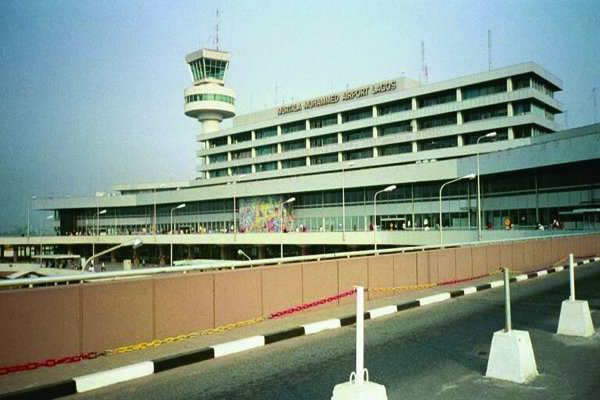The number one air gateway in and out of Nigeria, the Murtala Muhammed International Airport, Lagos on Monday became the first airport in the country to be certified by the Nigerian Civil Aviation Authority (NCAA).
The development makes the airport the first to be certified, out of the 22 airports managed by the Federal Airports Authority of Nigeria (FAAN). The certification is coming after 38 years the airport commenced operations.
With the certification, Nigeria’s quest to be a regional hub can be accelerated. According to the NCAA, the certification process began in 2006.
The Director-General of the NCAA, Muhtar Usman, presented the certificate to the Managing Director of the Federal Airports Authority of Nigeria (FAAN), Saleh Dunoma, at the agency’s headquarters at the Lagos airport.
Mr. Usman said that the airport is the first to be certified in Nigeria, adding that Nnamdi Azikiwe International Airport in Abuja would be the next.
“The current drive towards the certification of Nigerian airports is very significant, not only as a requirement by the International Civil Aviation Organization (ICAO) and Nigerian Civil Aviation regulations, but even more importantly as one of the critical safety targets set by the Abuja Ministerial Declaration of July 2012 that mandated all African states certify their international airports,” Mr. Usman said.
“It is also interesting to note that certification is an enabler for the attainment of a regional hub, which Nigeria desires for Lagos and Abuja. Aerodrome certification is therefore an ICAO strategy for the standardization and harmonization of airport services, facilities and procedures, as well as ensuring uniformity in safety critical aerodrome elements, irrespective of differences in ownership and management of such aerodromes.”
He described the certification as an enabler for the attainment of a regional hub, which Nigeria desired for Lagos and Abuja.
“Aerodrome certification can be defined as a process by which a state can demonstrate that airports in its territory meet regulatory safety requirements on a continuing basis.
“It is providing uniform conditions for safe and efficient operation of aircraft from all other states as required by Article 15 of the Chicago Convention.
“Aerodrome certification is therefore, an ICAO strategy for the standardisation and harmonisation of airport services, facilities and procedures as well as ensuring uniformity in safety of critical aerodrome elements, irrespective of the differences in ownership and management of such aerodromes. ”
Usman said the objective of the certification was to assist states to effectively implement the critical elements of a safety oversight system in accordance with Annex 14 Vol. 1and other relevant ICAO specifications.
The NCAA boss said it was also to signify to aircraft operators and other organisations operating at the aerodrome that at the time of certification, the aerodrome met the specifications regarding its facilities and operations.
He stressed that the NCAA was committed to the certification of all Nigerian international airports in line with its regulations, ICAO safety and recommended practices as well as the Africa-Indian Ocean Regional Safety Targets.
“In furtherance of the above objective, the certification of Abuja airport is in the final stage, while strategic measures have been put in place by the NCAA and FAAN to ensure the certification of Kano, Port Harcourt, Enugu and Kaduna international airports by July 2018,” he said.




